Summaries of books about U.S. History:
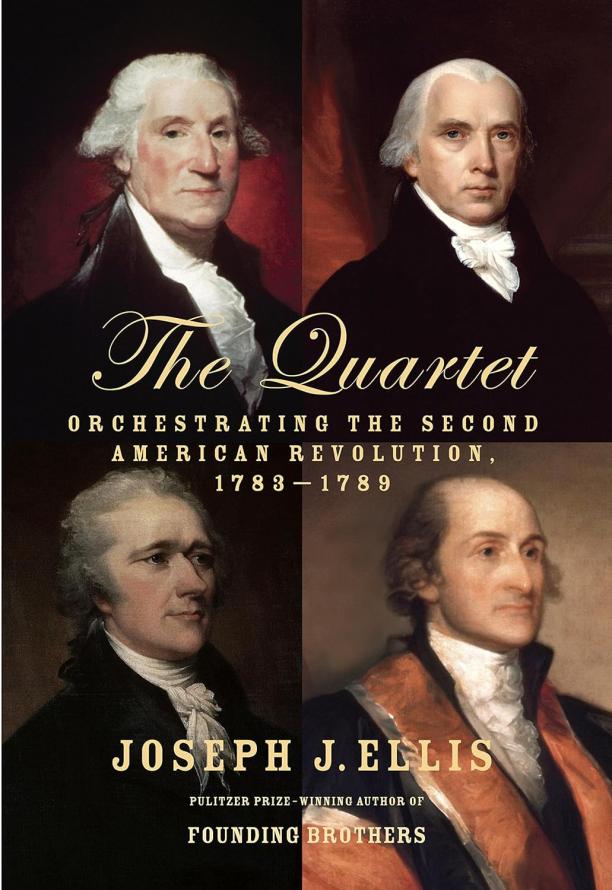
The Quartet
Orchestrating the Second American Revolution, 1783-1789
Joseph J. Ellis
The book delves into the history of the United States from the end of the Revolutionary War to the drafting and adoption of the Constitution, focusing on the roles played by four influential figures: George Washington, Alexander Hamilton, John Jay, and James Madison. It explores how these leaders shaped the nation's direction by advocating for a strong federal government to replace the weaker confederation of states.
See full summary
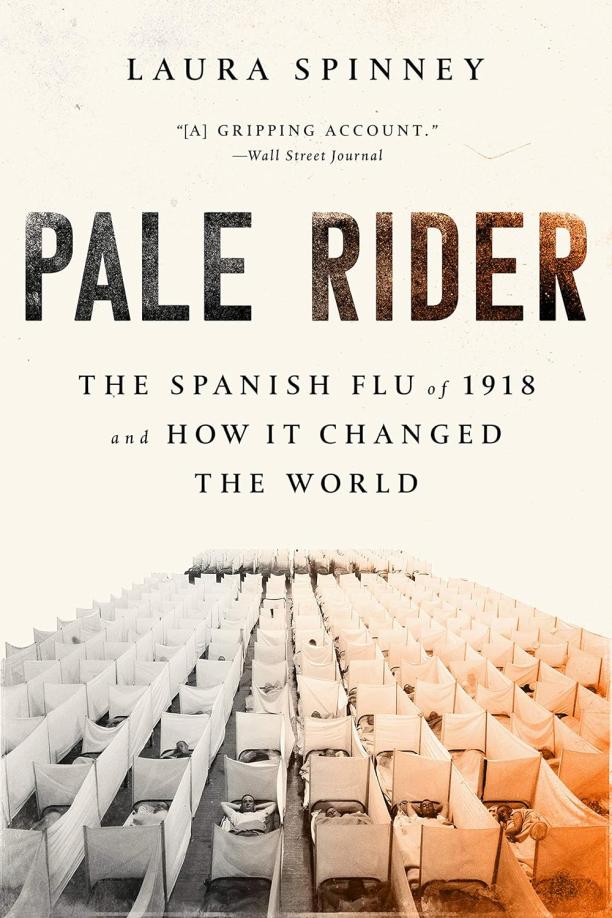
Pale Rider
The Spanish Flu of 1918 and How It Changed the World
Laura Spinney
The book delves into the devastating impact of the 1918 influenza pandemic, examining its effects on global society, politics, and public health. It explores personal stories, scientific developments, and the long-term consequences of the outbreak, highlighting how it reshaped the world in the aftermath.
See full summary
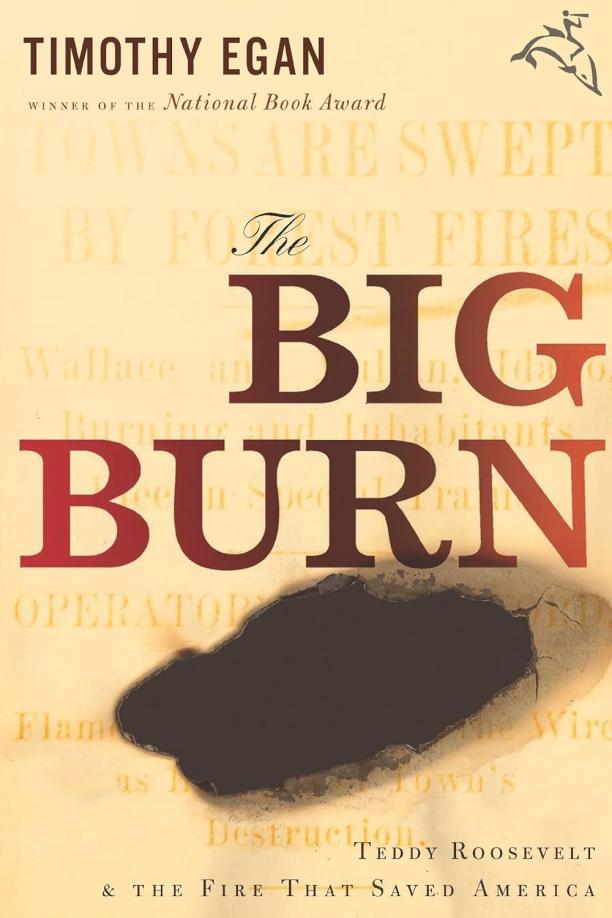
The Big Burn
Teddy Roosevelt and the Fire that Saved America
Timothy Egan
The book chronicles the devastating 1910 wildfire in the Western United States, detailing how President Theodore Roosevelt's conservation efforts were tested by the disaster. It explores the origins of the U.S. Forest Service and the impact of the fire on the nation's approach to environmental preservation and the management of public lands.
See full summary

On Juneteenth
Annette Gordon-Reed
The book weaves personal memoir with historical analysis to explore the significance of Juneteenth, the day commemorating the end of slavery in Texas, and its broader implications for American history and racial relations. It reflects on the author's own experiences growing up in Texas and examines the complex legacy of slavery and segregation in the United States.
See full summary
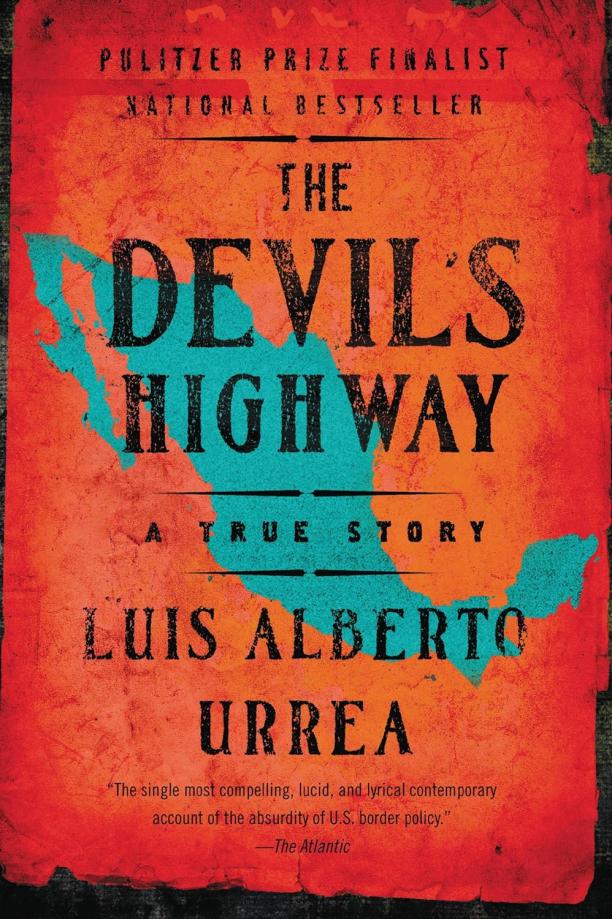
The Devil's Highway
A True Story
Luis Alberto Urrea
The book chronicles the harrowing journey of a group of Mexican immigrants who attempt to cross the US border through the deadly Arizona desert, known as the Devil's Highway. It delves into the tragic 2001 event where 26 men faced the brutal elements, with only 12 surviving, and examines the broader issues of immigration and border policy.
See full summary
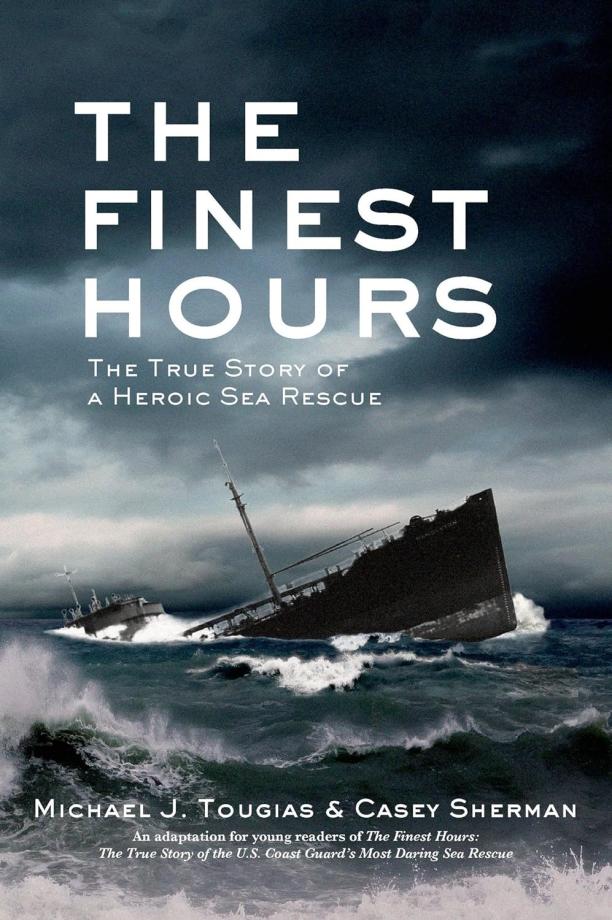
The Finest Hours
The True Story of a Heroic Sea Rescue
Michael J. Tougias|Casey Sherman
The book recounts the daring 1952 Coast Guard rescue off the New England coast, where two oil tankers split in half during a nor'easter. It focuses on the four-man crew who braved the storm in a small lifeboat to save over 30 stranded sailors, highlighting themes of bravery and perseverance.
See full summary

Operation Paperclip
The Secret Intelligence Program that Brought Nazi Scientists to America
Annie Jacobsen
The book details the U.S. government's covert program to recruit and employ German scientists, including former Nazis, after World War II for their expertise in rocketry, chemical weapons, and medical technology. It explores the moral compromises and strategic benefits of this initiative, as well as the impact these scientists had on American science and military programs during the Cold War.
See full summary
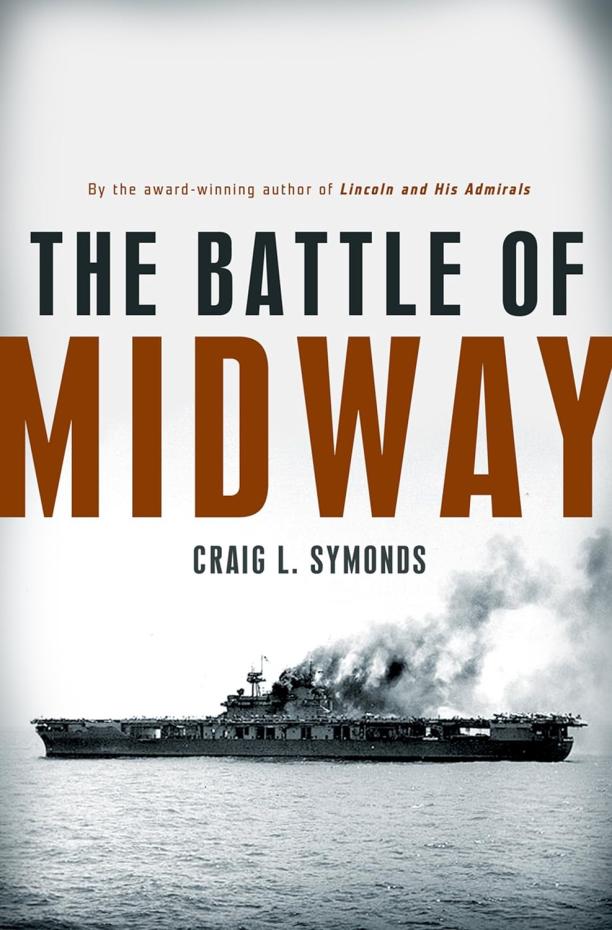
The Battle of Midway
Craig L. Symonds
The book provides a detailed account of the pivotal World War II battle between the American fleet and the Imperial Japanese Navy, highlighting the strategies, key players, and critical decisions that led to the turning point in the Pacific War. It examines the impact of intelligence breakthroughs, tactical maneuvers, and the extraordinary bravery of the individuals involved in this historic naval confrontation.
See full summary
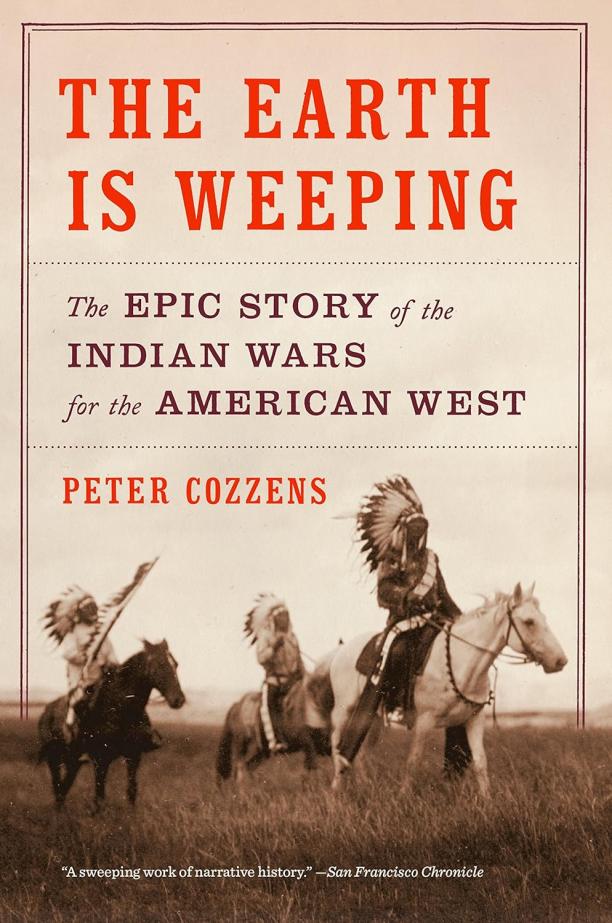
The Earth Is Weeping
The Epic Story of the Indian Wars for the American West
Peter Cozzens
The book provides a comprehensive history of the Indian Wars in the American West, detailing the complex interactions and conflicts between Native American tribes and the United States government and settlers. It offers a balanced account, incorporating perspectives from both Native Americans and military leaders, to explore the cultural misunderstandings and tragic consequences of this tumultuous period.
See full summary
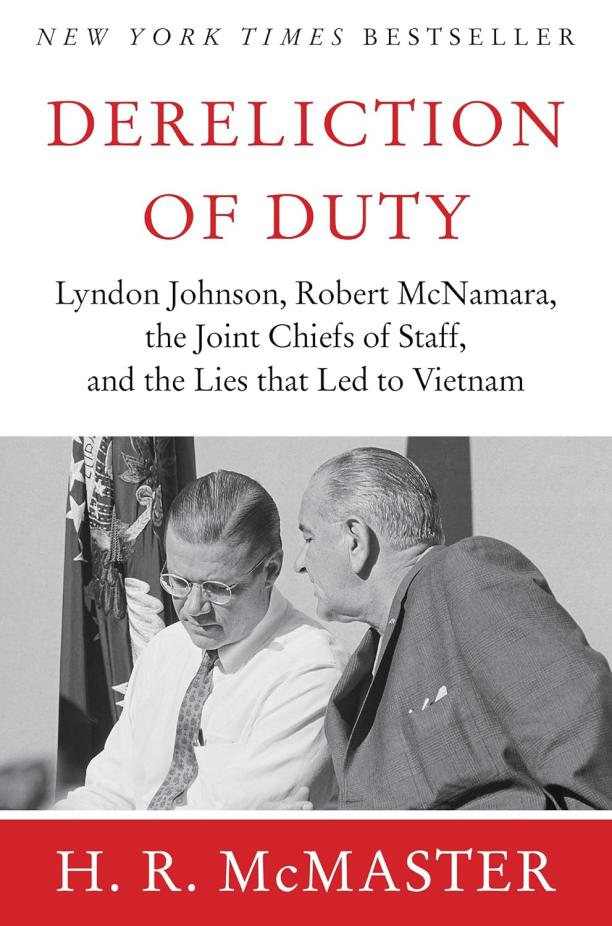
Dereliction of Duty
Johnson, McNamara, the Joint Chiefs of Staff
H. R. McMaster
The book critically examines the military and political decisions made by the U.S. leadership during the Vietnam War, focusing on the lack of honest communication between the Joint Chiefs of Staff, Secretary of Defense Robert McNamara, and President Lyndon B. Johnson. It explores how these failures in leadership and accountability led to the escalation of the conflict without a clear strategy for victory.
See full summary